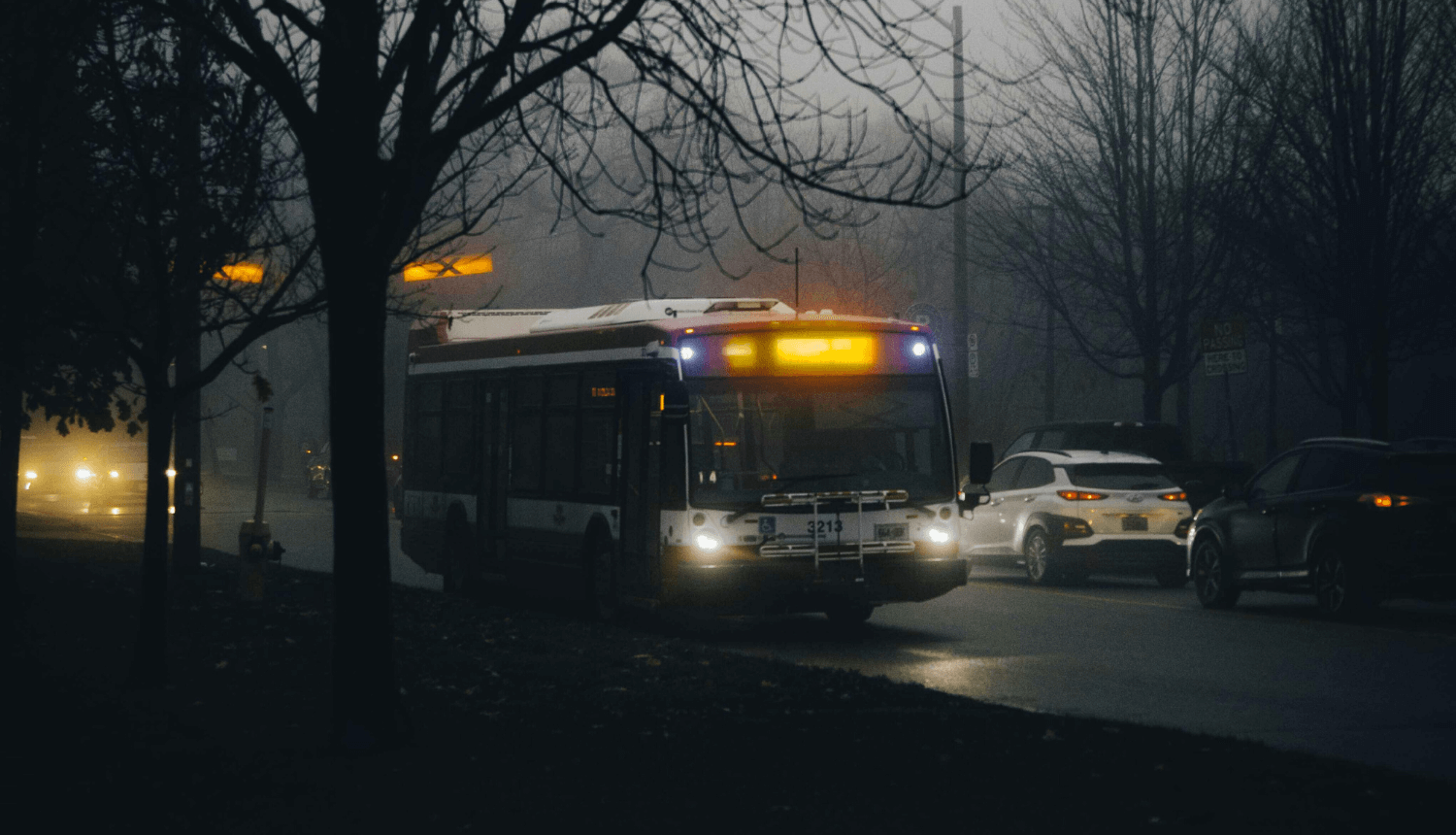“Thank you, but I’ve got it from here.” The Anti-Hero’s Intervention
Gary Newman, a youth worker in Toronto, reflects on how a calm intervention on a crowded Toronto bus reveals the anti-hero’s gift for defusing conflict through empathy rather than authority, an ability shaped by his own struggles with marginalization, instability, and the search for respect. His difficult early years, including periods of living in his car, forged a philosophy that power should uplift rather than dominate. These experiences became the foundation of his later work supporting youth, through which he transformed his hardships into compassion, showing up for young people until they could confidently stand on their own.
The air on the Finch West bus was thick with the humid promise of a Toronto summer evening in 2006. Our anti-hero stood near the rear exit, his gaze soft but steady as he watched a group of teenagers board at Jane Street. They moved as one organism – loud, kinetic, a jumble of nervous energy and bravado. One of them, a lanky kid who couldn’t have been more than 16, bumped hard into an older man, knocking the man’s newspaper to the floor. “Watch it,” the man grumbled, glaring. The kid squared his shoulders, his friends snickering behind him, “You got a problem?”
The tension coiled instantly. It was a scene our anti-hero had witnessed a dozen times, a trivial slight ready to ignite into something much worse. This was the precipice, the exact moment where a single, egoic choice could alter a life’s trajectory.
Before the man could retort, our anti-hero stepped forward, his presence calm and unassuming. He bent down, picked up the newspaper, and handed it to the man with a nod. Then he turned to the teenager. He didn’t lecture or challenge. He just met the young person’s eyes.
“Tough day?” he asked, his voice low and even.
The kid was thrown off. The script in his head didn’t have a line for this. “What’s it to you?” he mumbled, the aggression draining from his posture, replaced by a flicker of confusion.
“Just that you look like you’re carrying a lot,” our anti-hero said, holding his gaze for a second longer. “I get it.”
He offered a small, almost imperceptible nod, then moved away, giving them space.
The moment was over. The conflict was defused. It wasn’t magic; it was methodology.
For our anti-hero, peace had never been a passive wish. It was an active, teachable skill, and its foundation was the simple, profound act of seeing the person in front of him.
Our anti-hero’s own story was forged in the crucible of otherness; unbeknownst to him, this engagement was a precursor to his future work with a youth gang exit project not far from where this all took place.
He’d grown up in a different city, one where the line between small town and big city was always a whisper away. He’d seen friends treated as problems to be solved rather than as people with potential. His own path could have easily mirrored theirs, but a series of almost supernatural interventions – combined with athletics, music, and the kindness of pale-skinned mentors – had changed everything. That experience became the cornerstone of his work, crystallizing into core principles – his Tao – that drove his not-for-profit leadership.
The hunger for respect was a primary driver. While power imbalances are inevitable, abuse of power and accepting powerlessness are choices. He realized that influence and power are not for personal gain, but to empower communities and the people who call their community home.
When the time came for him to work in the field, he was denied. But not long after, he was given his chance with an employment opportunity. He lived in his car until his first paycheque, showering at a nearby community centre during morning swim, then moving into a hotel/motel when he could afford it, and alternating between motels and sleeping curled up in a driver’s seat tucked away in a plaza or side street for months until he could afford a place to live.
But remember, being powerless can be a choice to some. He was lucky to be one of the ‘some,’ so he was not powerless – he was alchemy itself, transforming his struggle into the power he would later use to inspire a mother who couldn’t pay rent, the participant who needed groceries, or the young man who needed emergency dental work.
Our anti-hero never forgot those struggles and knew that, for some people, what he had the privilege of calling ‘struggle’ was their harsh reality. It was during those cold winter nights that his heart was forged — to stay present until a young person became an adult and could say, “Thank you, but I’ve got it from here.”
Gary Newman is a youth worker in Toronto. He originally shared this story in the Virtual Café by YouthREX, where you can post your meaningful moments, lessons, and reflections from your own journey in the youth sector.

